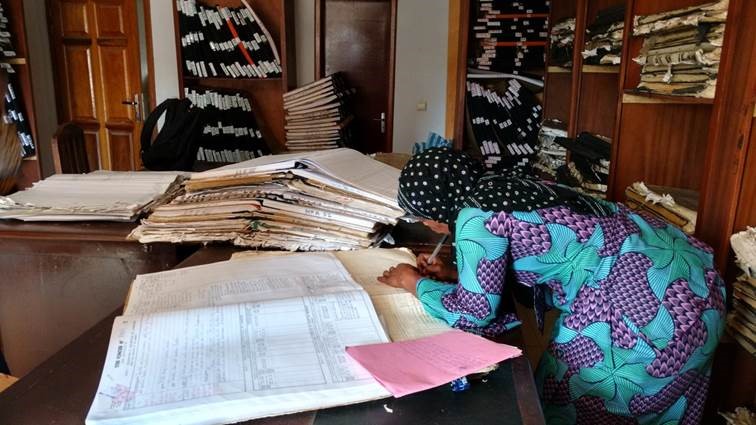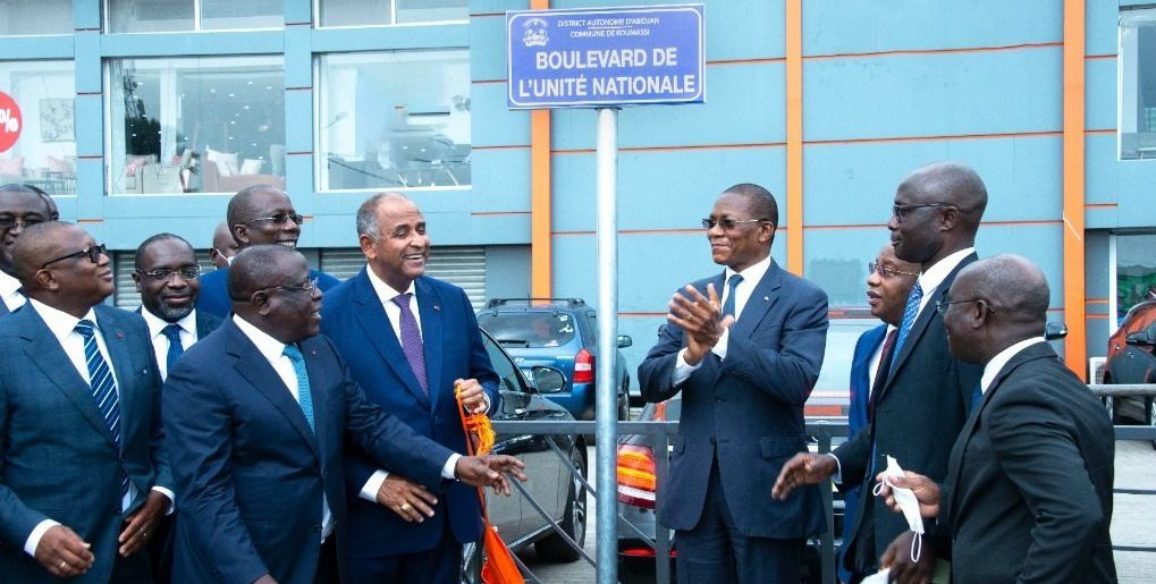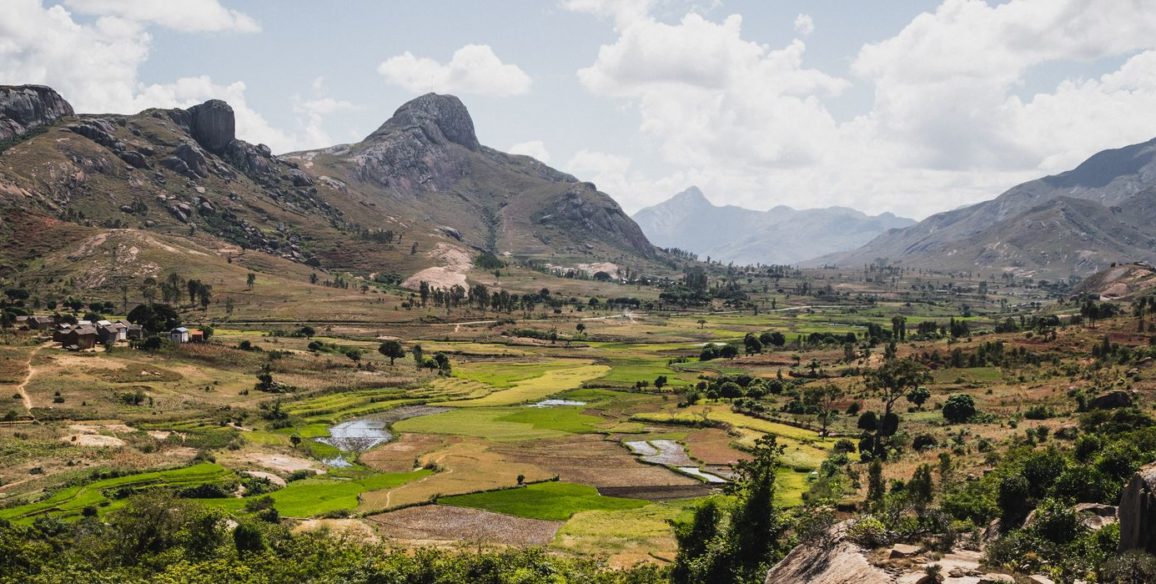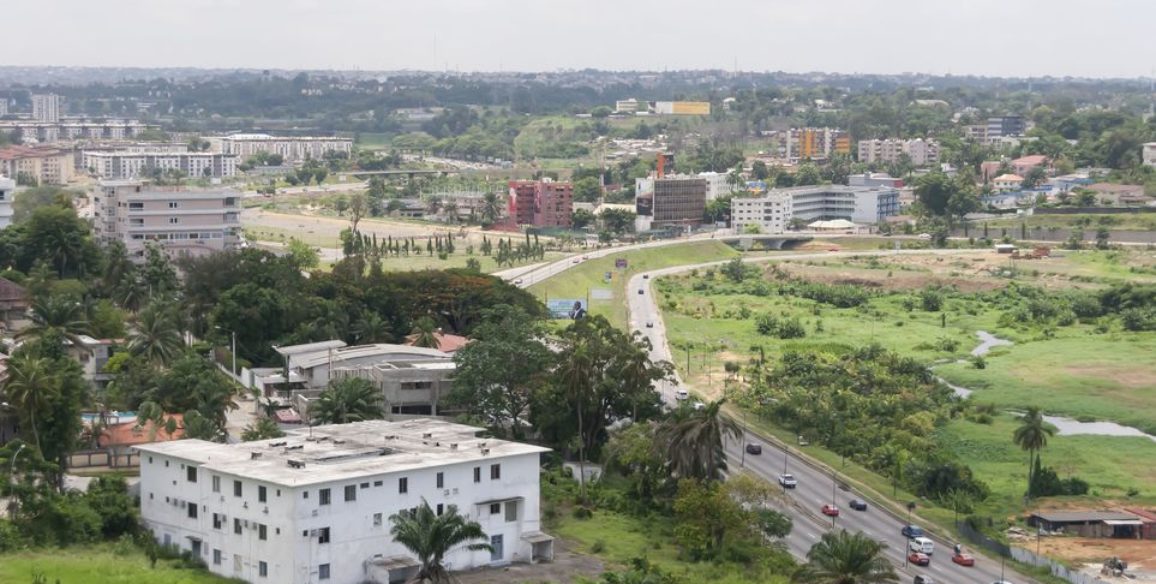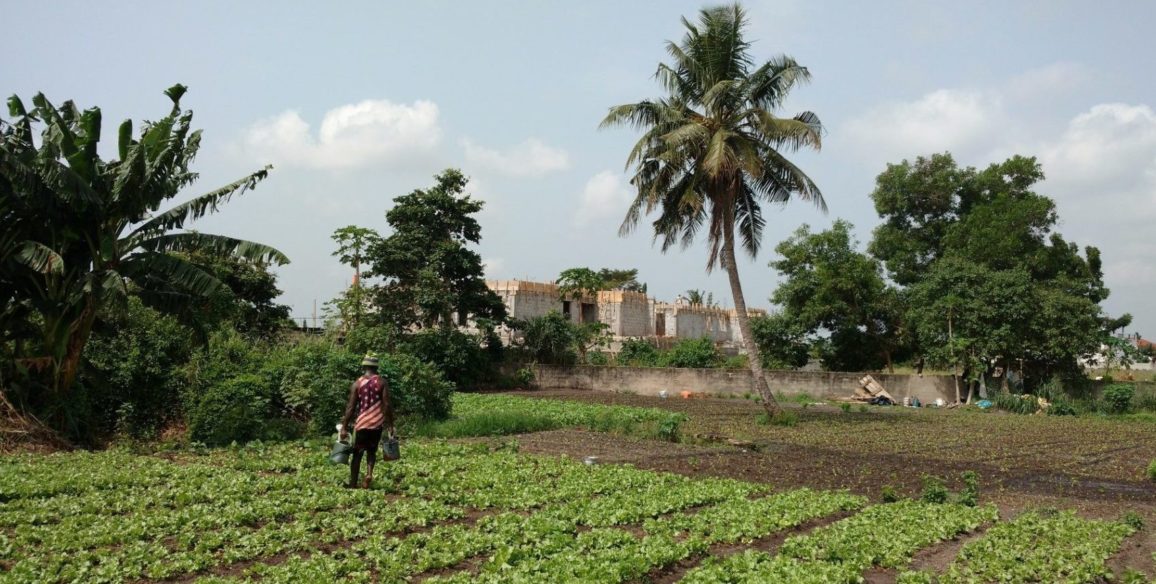Support project for modernisation of the land registration system and business climate (PAMOCCA), CAMEROON
Land Registry governance in Cameroon is not yet in a position to fully perform its role as a catalyst for social, economic and regional development.
The authorities have developed a national housing stock management strategy with particular emphasis on: (i) difficulties in gaining access to property ownership, (ii) the scarcity of state-owned land on offer, (iii) an unsuitable management system, (iv) the lack of a reliable land registry system, (v) poor management of State property assets, and (vi) inadequate resources.
This is the context in which the Support Project for Modernisation of the Land Registration System and Business Climate (PAMOCCA) has been developed. Financed by the AfDB, it represents both a key initiative for the implementation and development of a sustainable and fair property management system, and a pre-condition for promoting economic growth and reducing poverty.
The specific objectives of the project are as follows:
- Helping to strengthen the State’s strategic management capabilities
- Accelerating the mobilisation of fiscal and economic resources
- Improving the business climate and stimulating investment
- Improving the living conditions of populations.
Objectives and deliverables
The initial phase of the project will be focused on the cities of Bafoussam, Bamenda, Bertoua, Buea, Ebolowa and Ngaoundere, and will carry out the following missions:
- Mission 1: Preliminary study and overall computerisation of Ministry of State Property and Land Tenure (MINDCAF) departments and products, and setting up the Investment Promotion Agency (API);
- Mission 2: Preliminary study and densification of points in Cameroon’s Geodesic Network;
- Mission 3: Preliminary study and development of provisional digital land registry plans.
The main expected deliverables at the outcome of the project are as follows:
- Report on the preliminary study for setting up an API module
- Report on the study of the functioning of permanent stations
- Reports on geodetic work carried out (recognitions, realisations, observations and calculations in the national reference)
- Creation of co-ordinates transformation software for the 6 cities
- Report on training courses given
- Report setting out the data conversion methodology and report on data conversion
- Database model and land registry plan models
- Delivery of a land registry database
- Publication of provisional land registry plans
Key Figures
- 6 cities
- 26 Cameroonian and international experts involve
- 56 staff given training

